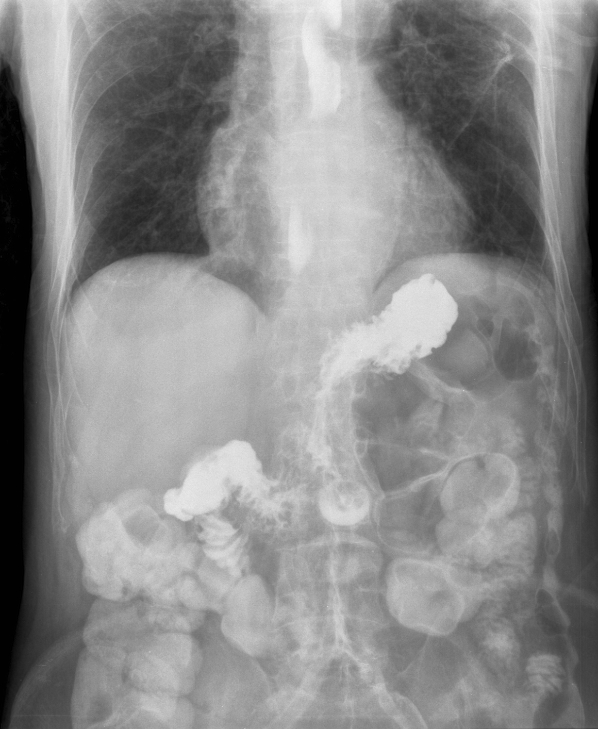GERD, or gastroesophageal reflux disease, is a chronic digestive disorder characterized by the reflux of stomach acid into the esophagus. This condition can lead to various symptoms and complications if left untreated.
Causes:
GERD occurs when the lower esophageal sphincter (LES), a ring of muscle between the esophagus and the stomach, weakens or relaxes abnormally, allowing stomach acid to flow back into the esophagus. Factors that can contribute to GERD include obesity, hiatal hernia, pregnancy, smoking, certain medications, and certain foods and beverages.
Signs and Symptoms:
The signs and symptoms of GERD can vary from person to person but commonly include heartburn, a burning sensation in the chest or throat that worsens after eating or lying down. Other symptoms may include regurgitation of sour liquid or food, difficulty swallowing, coughing, wheezing, hoarseness, and chest pain.
Diagnosis:
Diagnosing GERD typically involves a combination of patient history, physical examination, and diagnostic tests. These tests may include endoscopy, pH monitoring, esophageal manometry, and upper gastrointestinal (GI) series, to evaluate the severity of reflux and assess any damage to the esophagus.
Treatment:
Treatment for GERD aims to alleviate symptoms, heal esophageal damage, and prevent complications. Lifestyle modifications are often recommended, such as avoiding trigger foods (e.g., spicy or acidic foods), eating smaller meals, avoiding lying down after meals, and elevating the head of the bed. Over-the-counter medications like antacids, H2 receptor blockers, and proton pump inhibitors (PPIs) can help reduce acid production and provide symptom relief. In severe cases or those that don't respond to medication, surgical interventions such as fundoplication or LINX device placement may be considered to strengthen the LES and prevent reflux.
Complications:
Untreated GERD can lead to complications such as esophagitis (inflammation of the esophagus), esophageal strictures (narrowing of the esophagus), Barrett's esophagus (a precancerous condition), and even esophageal cancer in rare cases. Therefore, it's essential to seek medical attention if experiencing persistent or severe symptoms of GERD.
In summary, GERD is a chronic condition characterized by the reflux of stomach acid into the esophagus, leading to various symptoms and potential complications. With proper diagnosis and management, including lifestyle modifications and medications, individuals with GERD can effectively manage their symptoms and prevent long-term complications.

